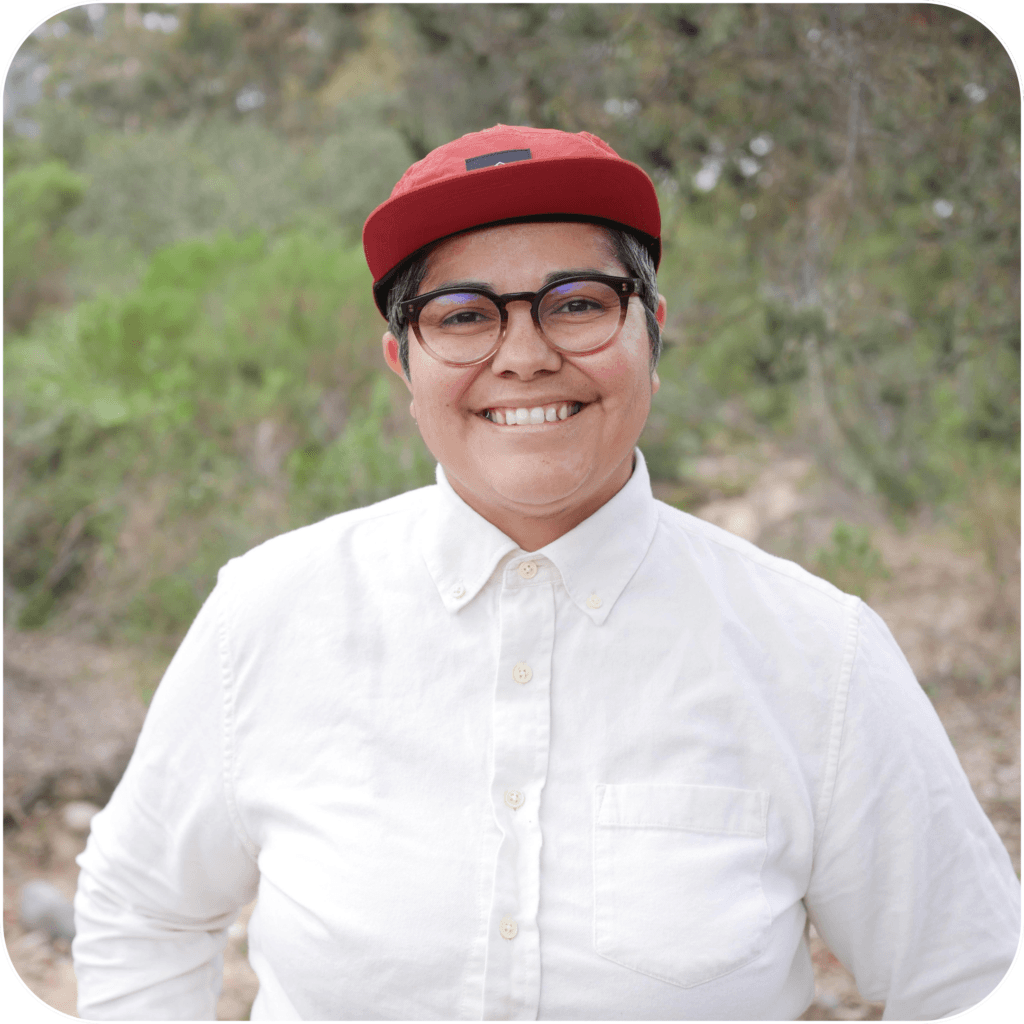
Shalem Aboody-López, Founder of Pueblo Planning, is an Artist and Cultural Strategist who facilitates community storytelling and provides visual and audio art services to advance social justice advocacy and uplift the experiences and vision of Queer, Trans, Black, Indigenous, and People of Color (QTBIPOC) and other communities who have been marginalized. Shalem utilizes storytelling and participatory art-making to engage communities in the planning and policy process to dismantle unjust systems and co-develop equitable communities. Additionally, they offer workshops on justice-centered storytelling and participatory planning and policymaking rooted in repair, relationships, reciprocity, and respect.

Brytanee has over 10 years of experience centering people, especially the healing of racialized people through the lens of transportation, arts & culture, and economic development. Currently, she works as the principal and founder at emergent labs, a justice-oriented design studio that uplifts the multi-layered Black, Indigenous, and People of Color experience to navigate complex issues. Brytanee seeks to leverage her passion for the built environment to develop justice-oriented organizations, governments, and companies while building power in communities of color. Before starting emergent labs, she launched several regional and local initiatives. Brytanee has complementary work experience in the fields of health equity and affordable housing and has led community engagement projects focused on addressing racial disparities. This unique experience has honed her ability to design comprehensive and crosscutting transportation-related programs, projects, and policies, build coalitions, and deeply understand how vital it is for transportation infrastructure to create healthy communities and connect residents to economic opportunity. Brytanee is a McNair Scholar, Next City Vanguard Alum, and the daughter of the Black Feminist movement. She has spoken and moderated panels for the American Planning Association, PolicyLink Equity Summit, National Association for City Transportation Officials (NACTO), SPUR, and the North American Bikeshare Association.
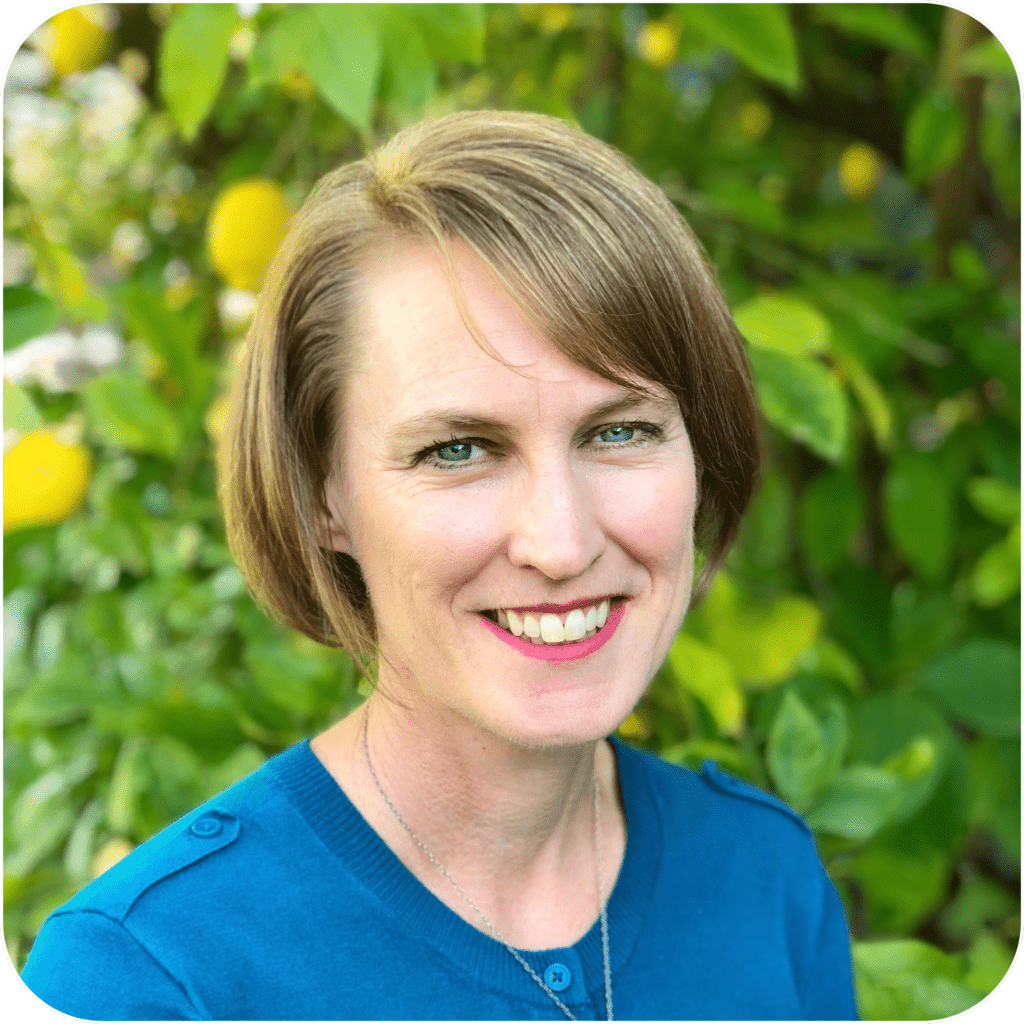
Steffani Charkiewicz is an Associate Air Quality Engineer for the Sacramento Metropolitan Air Quality Management District. She has worked at the District for 17 years in the Vehicle and Engine Technology (VET) Section of the Transportation and Climate Change Division. While at the District she has worked on transportation incentives to help reduce air pollution through attrition of higher polluting equipment. Most recently she has been the lead staff of the Our Community CarShare Sacramento (OCCS) program. The OCCS program, with grant funding from CARB, provides low income residents of disadvantaged communities with zero and near zero emission carsharing. This effort has required Steffani to implement new sites, design new program features, apply for future funds, write and edit reports, and adaptively manage the program.
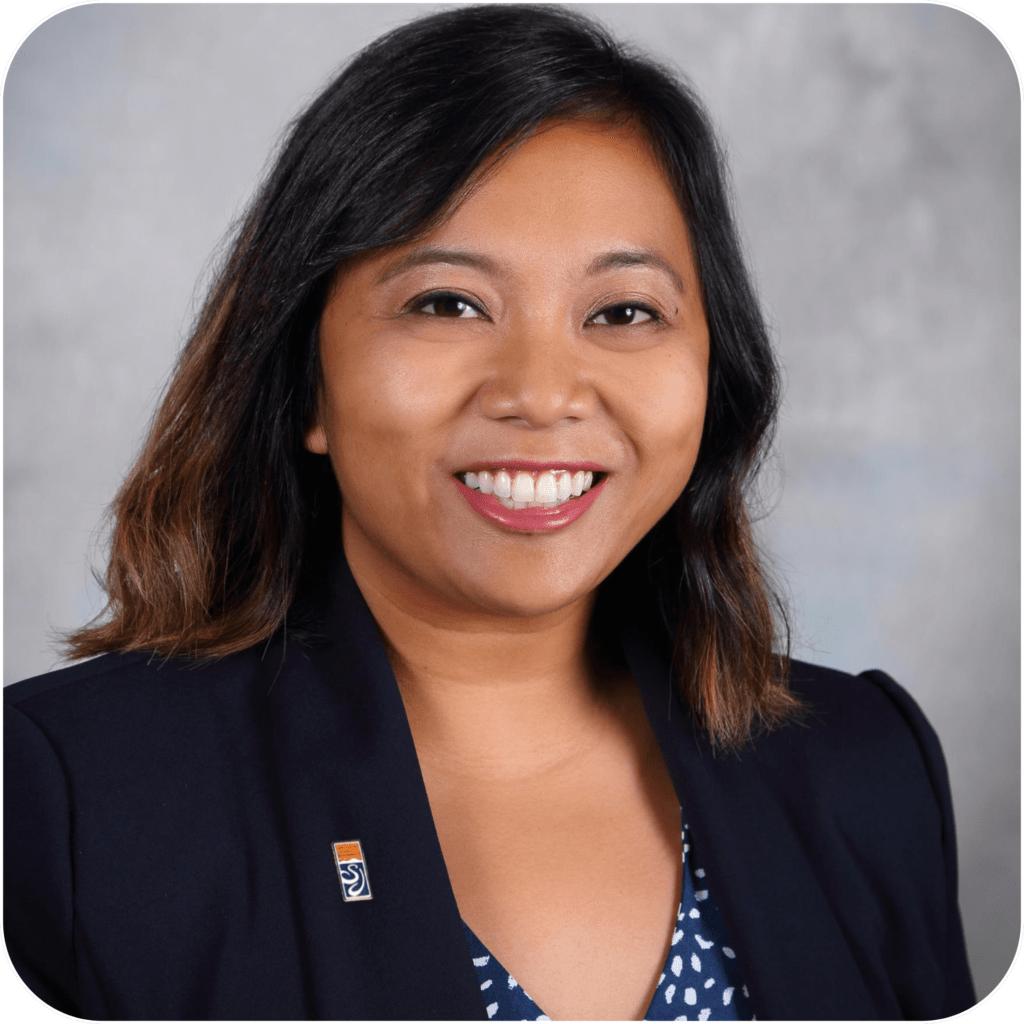
Christine Corrales is a planning manager with the San Joaquin Council of Governments (SJCOG) where she leads a diverse team on regional housing, climate resiliency, clean mobility, and community partnerships. SJCOG is the lead agency for the Stockton Mobility Collective, which is comprised of a group of partners with the mission of increasing transportation options and access in Stockton with a focus on assisting disadvantaged and low income communities. The Stockton Mobility Collective is funded with a $7.5 million Sustainable Transportation Equity Project (STEP) grant from the California Air Resources Board.

Benjie is the CEO of the Shared-Use Mobility Center; he chairs the Global Network for Popular Transportation; is the founder of Agile City Partners; and writes and curates Makeshift Mobility, a fortnightly newsletter covering innovations in informal transportation. He also convenes the Shared Mobility 2030 Action Agenda and edits and produces Pop Transport. Benjie serves on the board of the American Council for an Energy-Efficient Economy (ACEEE), the US Advisory Committee of the Institute for Transportation and Development Policy, the UITP Informal Transportation Working Group, the Digital Transport for Africa Partners Committee, the MobiliseYourCity Steering Committee, and is a Senior Fellow for Mobility for the Canadian Urban Institute. He served as the first-ever Chief of Strategy and Innovation for the Seattle Department of Transportation. He and his team drafted the city’s Transportation Information Infrastructure Plan. He also led the development of Seattle’s New Mobility Playbook.

Denée Evans is a Transportation Services Project Manager for the City of Richmond’s Transportation Department. She is responsible for the citywide parking management programs, electric micromobility programs, leads the city’s public electric infrastructure expansion, champions local and regional multimodal green transportation, and serves on various local, regional and state parking and transportation electrification technical committees. Denée has over 20 years in the public sector and incorporates an entrepreneurial approach to developing programs, managing systems and seeking innovative public private partnerships to deliver services to benefit the community.
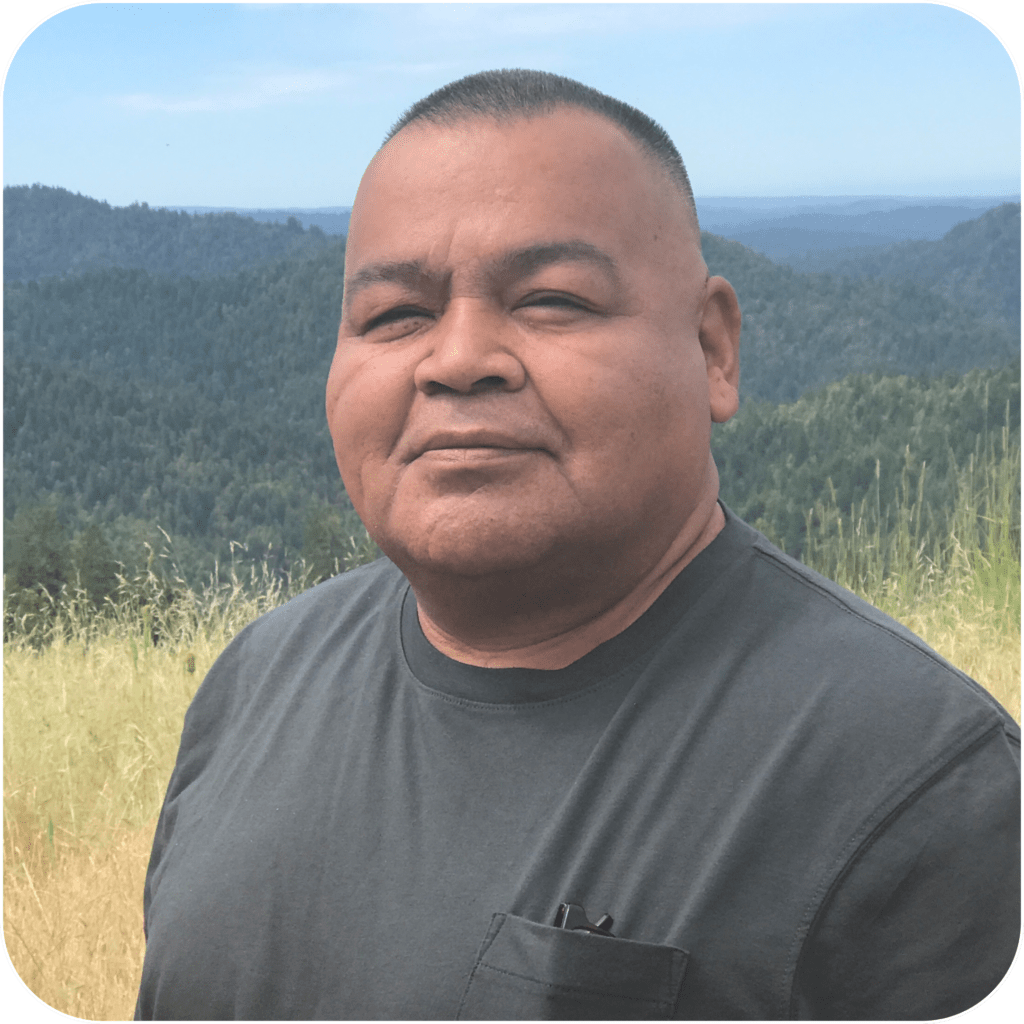
Orval Elliott Jr. (OE), is a member of the Hopland Band of Pomo Indians. The Reservation is located approximately 100 miles north of San Francisco in Mendocino County. Orval went back to school in 2011 and in 2013 obtained an A.A. in Natural Science. In 2019, he went on to Sonoma State and obtained his B.A. in Liberal Arts. Orval has worked for his Tribe for the past 30 years in various positions. In 2014, he became the Roads & Transportation Coordinator, and in 2018, the Roads & Transportation Director. It is his responsibility to maintain the roads in a safe and reliable manner. Orval is excited to be a part of the Tribe’s first Zero Emissions Project and he’s looking forward to collaborating with the Clean Mobility Options program.
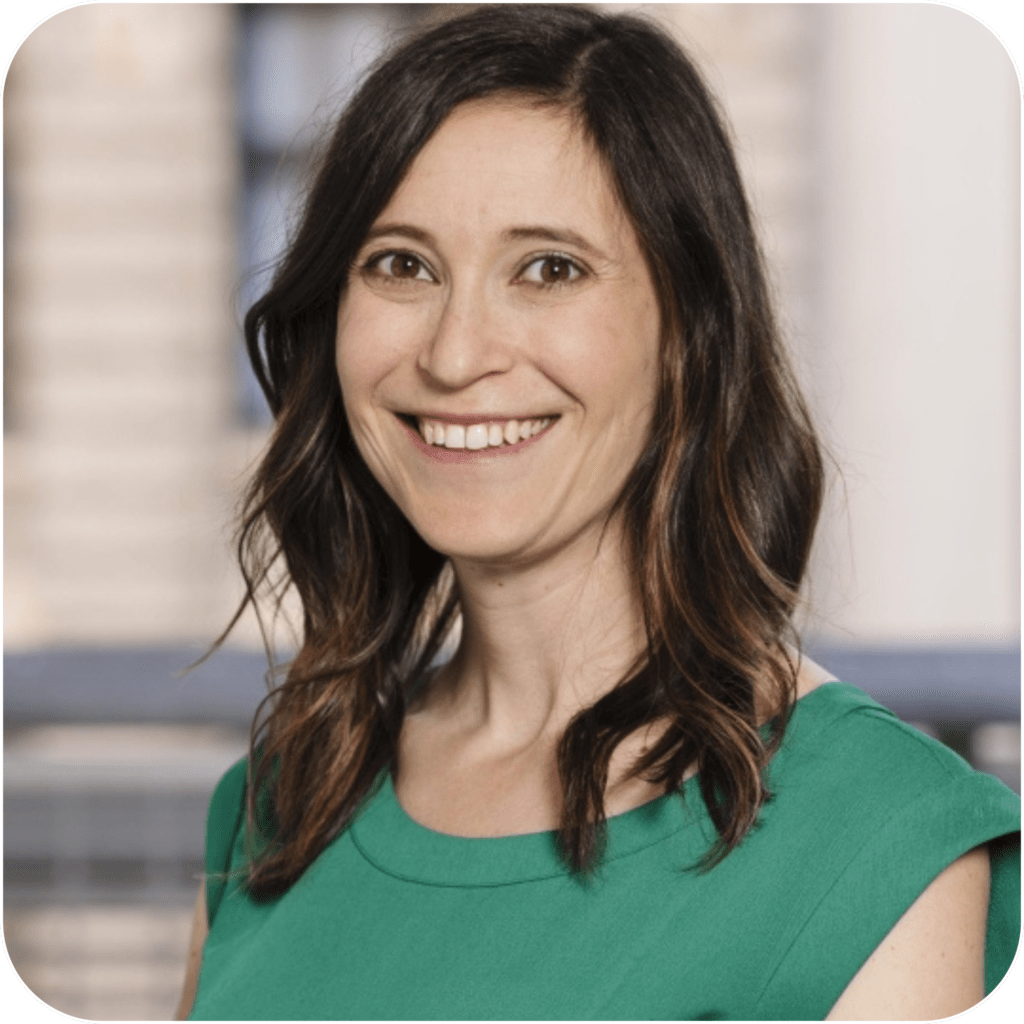
Arielle Fleisher is a transportation strategist with a unique combination of public health, design thinking, and planning expertise. In her current role as the Policy Development and Research Manager at Waymo, she develops policies on the transportation issues that matter to cities. This role builds on her previous experience at SPUR and the SFMTA, where she developed programs and policies to create a high-quality transportation system in the Bay Area. Most recently, she served as the Liaison to the Board of Supervisors at SFDPH where she spearheaded vaccination clinics and supported the city’s economic reopening – the most rewarding work of her career.
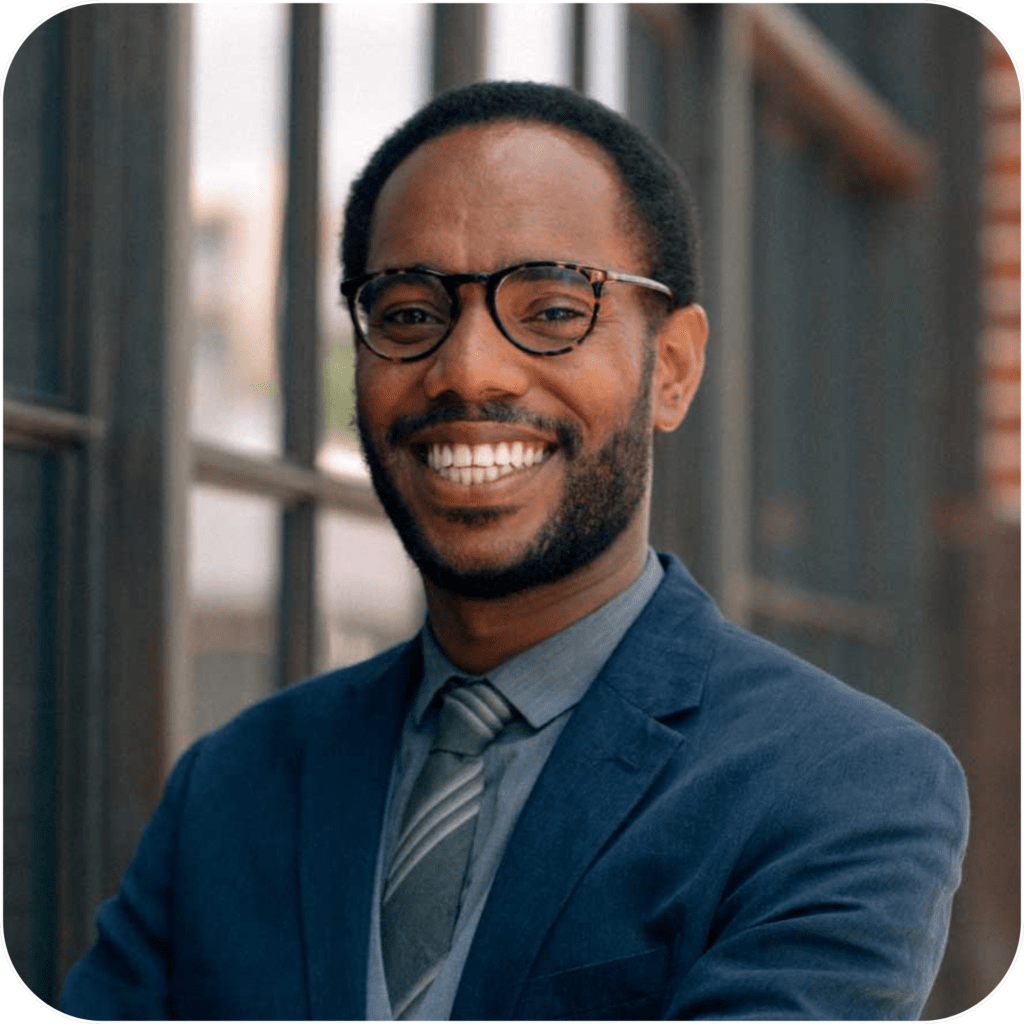
Richard is a strategic planner and thought leader at Estolano Advisors, where he has been involved in a variety of active transportation, transit-oriented development, and equitable economic development projects. He authored the LA2050 Report, which assessed the health of the region based on indicators of human development and put forth a vision for a more inclusive and prosperous Los Angeles. Richard sits on the Advisory Board for Investing in Place, a bicycle and pedestrian advocacy group whose mission is to support equitable transportation investments that make our communities safer, stronger, and more just. He also sits on the board of the Los Angeles League of Conservation Voters and has taught at the UCLA Luskin School of Public Affairs.
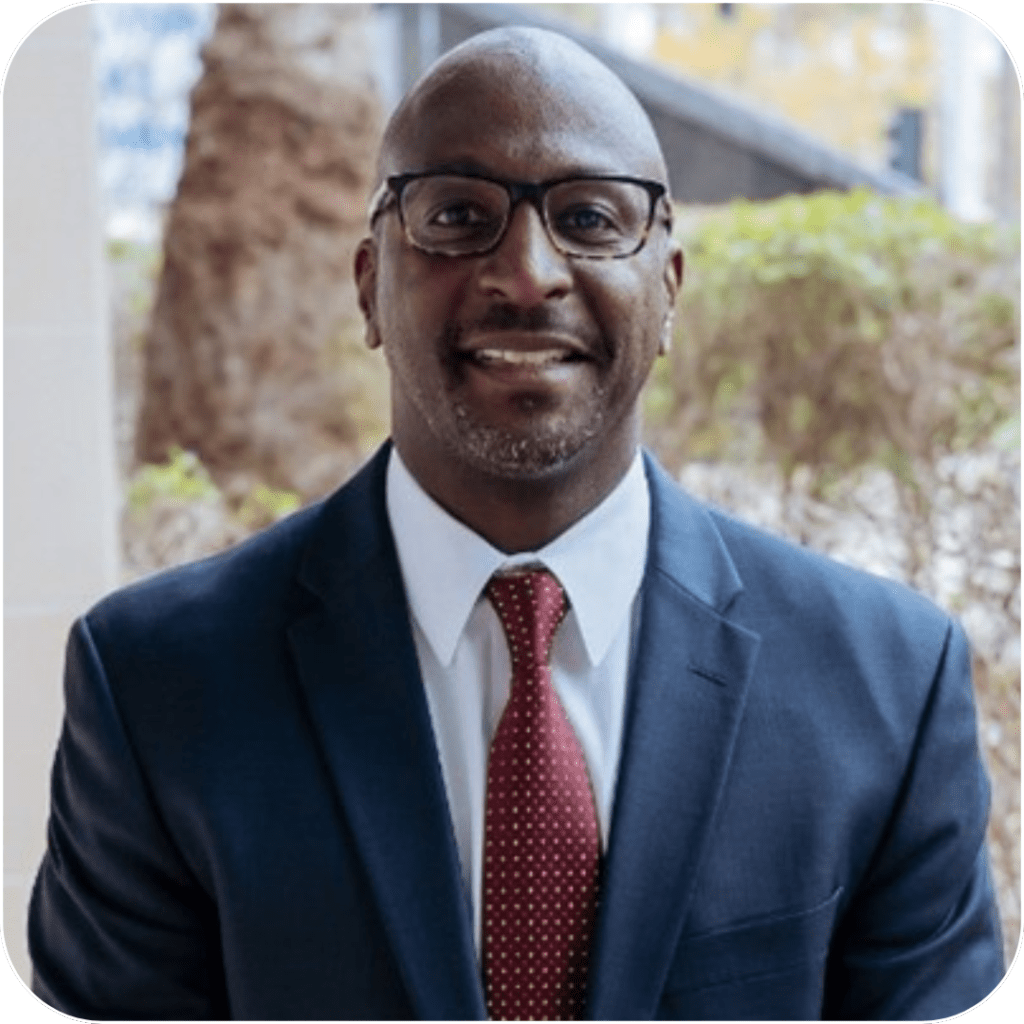
As the Chief Sustainability Officer for the City of Chula Vista, Dennis leads the City’s Office of Sustainability and Smart City campaign. His responsibilities include managing the implementation of a wide range of sustainability programs and smart city initiatives. His previous experience includes serving as a department director and assistant director for multiple municipalities and public agencies in Texas and California. Dennis has also worked as a management consultant for Deloitte Consulting and PWC Consulting. He holds a master’s degree in Public Administration from Syracuse University and a B.S. in Information Systems and Management Sciences from the University of Texas, Arlington.
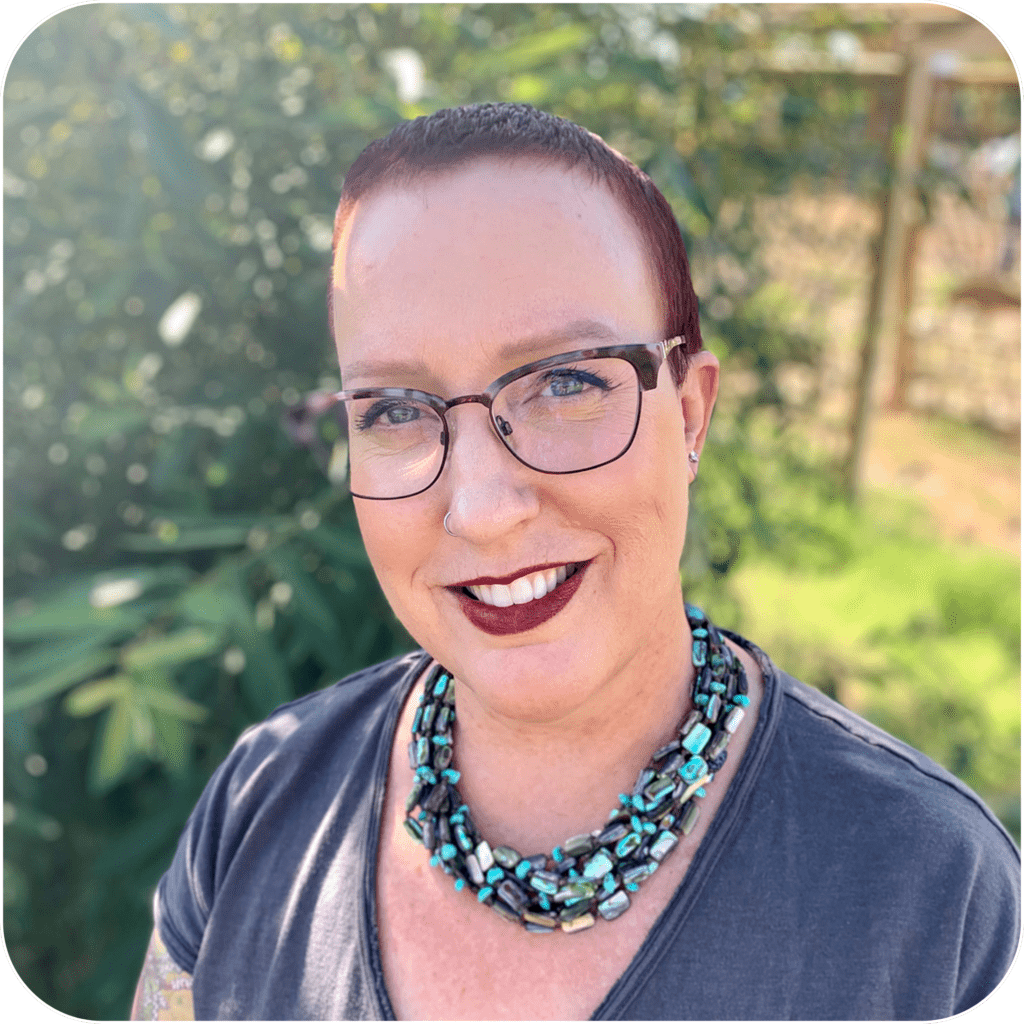
Shasta Gaughen is the Environmental Director and the Tribal Historic Preservation Officer for the Pala Band of Mission Indians in Pala, California. She has worked for Pala since January 2005, and established Pala’s Tribal Historic Preservation Office in 2008. Dr. Gaughen received her Ph.D. in Anthropology from the University of New Mexico in 2011, and her Master of Legal Studies in Indigenous Peoples’ Law from the University of Oklahoma in 2021. She is Chair of the National Association of Tribal Historic Preservation Officers, a member of the Advisory Council on Historic Preservation, and a member of the Institute of Tribal Environmental Professionals’ Climate Change Advisory Committee. Dr. Gaughen is also the director of Pala’s Tribal Climate Health Project.

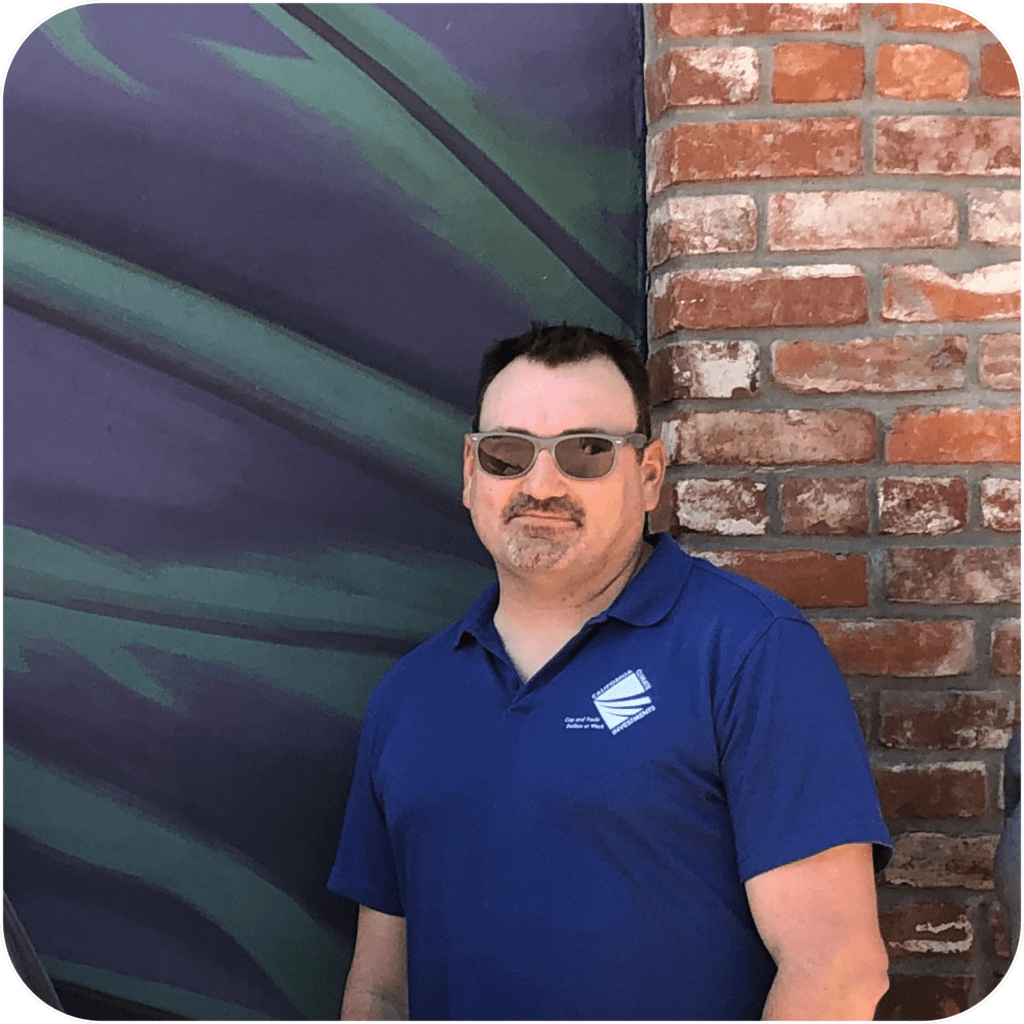

Fedolia “Sparky” Harris holds a B.A. in Geography/Ecosystems and an M.A. in Urban Planning both from UCLA and has been a planner for the City of Sacramento for over 20 years following a 7-year stint in regional transportation planning with the Sacramento Area Council of Governments (SACOG). He has managed a variety of efforts for the City from establishing and managing the carshare program to working with Congresswoman Doris Matsui to bring back the electric streetcars. In 2016, Sparky ended 8 years of service on the City of Elk Grove Planning Commission in anticipation of relocating his family to Midtown Sacramento to enjoy a more walkable and car-light lifestyle.
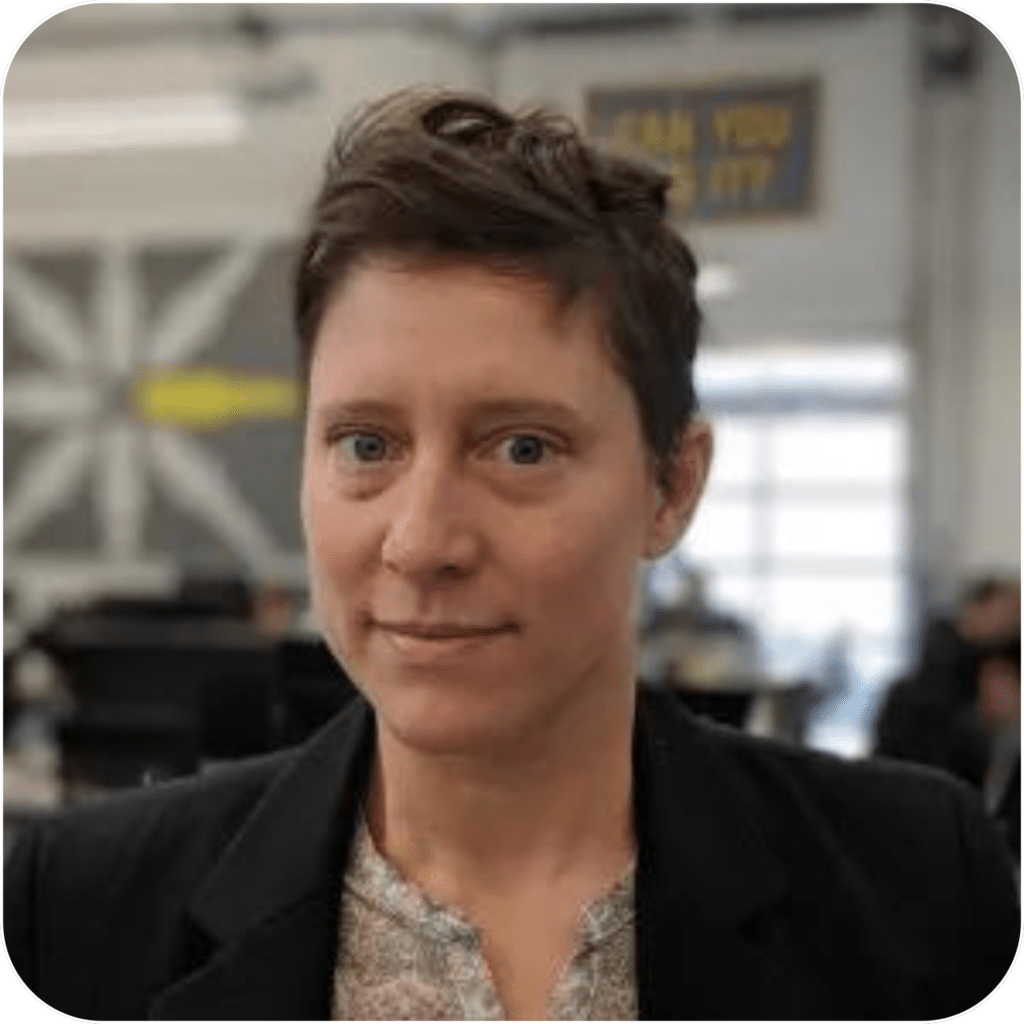
Rachel’s experience has focused on supporting business development and organizational growth for shared mobility models. Rachel has successfully replicated car sharing, bike sharing and other mobility networks across the country. Rachel is leading Mobility Development’s technical assistance to Valley Go and Green Raiteros, two non-profit transportation systems in California’s San Joaquin Valley. Rachel has extensive experience in establishing partnerships with community-based organizations, cities, and transit agencies in service to the mobility networks under development. Rachel recently concluded a $400,000 study for New York State aimed at incubating shared mobility models across Upstate NY, which led to over $4M in funds for systems in Rochester, Niagara Falls and the NY Capital Region. In addition to supporting shared mobility projects directly, Rachel has experience with the financing of these models in both the mobility and community development sectors, having led the $14 million redevelopment of a historic building into a social enterprise and arts incubator. Rachel has been working in shared mobility for seven years.

Cesar Hernandez joined CALSTART in 2021 as a Program Manager. He works on the Clean Mobility Options Voucher Pilot Program (CMO), the first program in the nation to provide zero-emission mobility to underserved communities and improve people’s health and quality of life. He manages the CMO team members and all aspects of the CMO program deliverables including developing a model that could be replicated in other states or at the national level. He oversees industry engagement and collaboration with multiple partners including the California Air Resources Board (CARB). He aims to embed racial equity in program design, team operations, implementation, partner development, outreach, and support. He leads key elements of voucher processing to launch, manage, and continuously improve operations of Clean Mobility Options (CMO) Voucher Application and Processing division. Cesar holds a Bachelor of Science in Urban Planning and Regional Planning from California State Polytechnic University, Pomona. Cesar considers himself a commuter cyclist and enjoys navigating through the urban landscape on his bike.

Joey is a Program Manager at Shared-Use Mobility Center (SUMC). Prior to joining SUMC, he was the Executive Director of BikeVentura, a grassroots bicycle education and advocacy nonprofit. Previously, he was the Operations Manager at the Santa Barbara Bicycle Coalition.

Pete is a Program Manager at Shared-Use Mobility Center (SUMC) supporting a range of research projects, including the Mobility-On-Demand Learning Center, a national analysis of mobility partnerships, and a variety of needs assessments and evaluation reports. Pete brings a data-driven approach to problem solving from his previous career as an engineer.
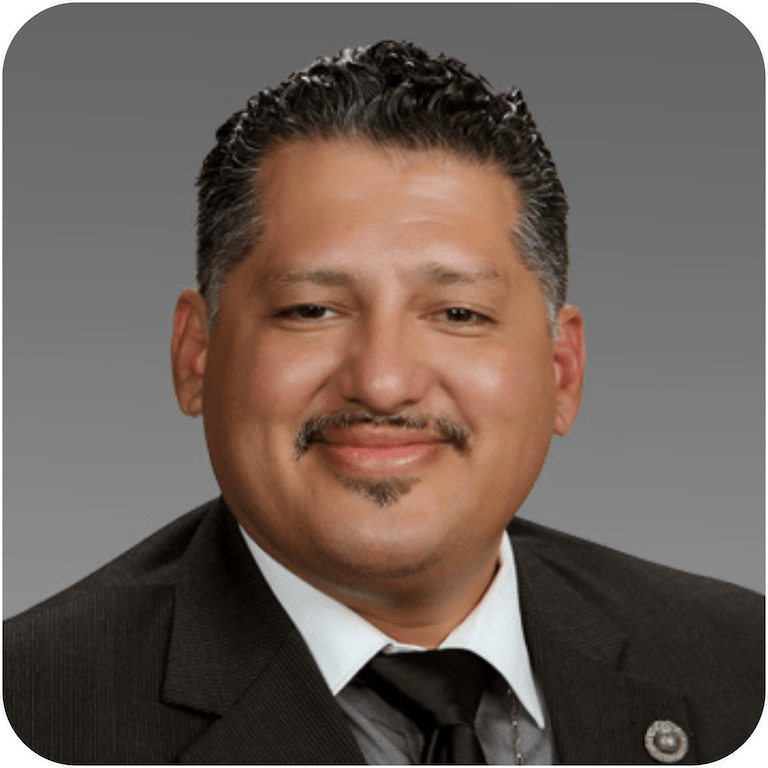
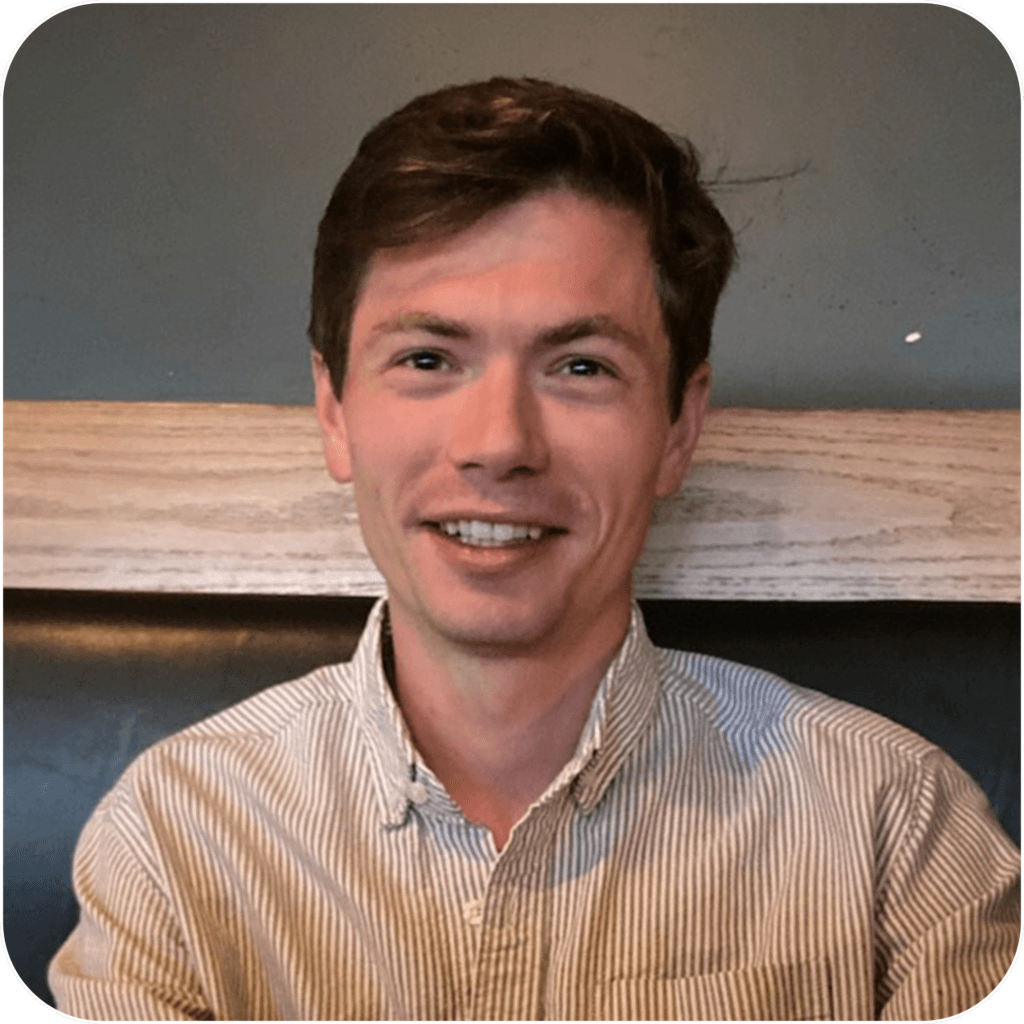
Joe Martin is a Partner Success Principal with Via Transportation. He is based in Los Angeles and leads Via’s West Coast Partner Success Team, which manages Via’s current services in the Western United States. Joe supports both the Richmond Moves and Calexico On-Demand microtransit services. Relevant for his session, Joe has a background in data and analytics, majoring in math as an undergrad and previously working at a predictive analytics company.
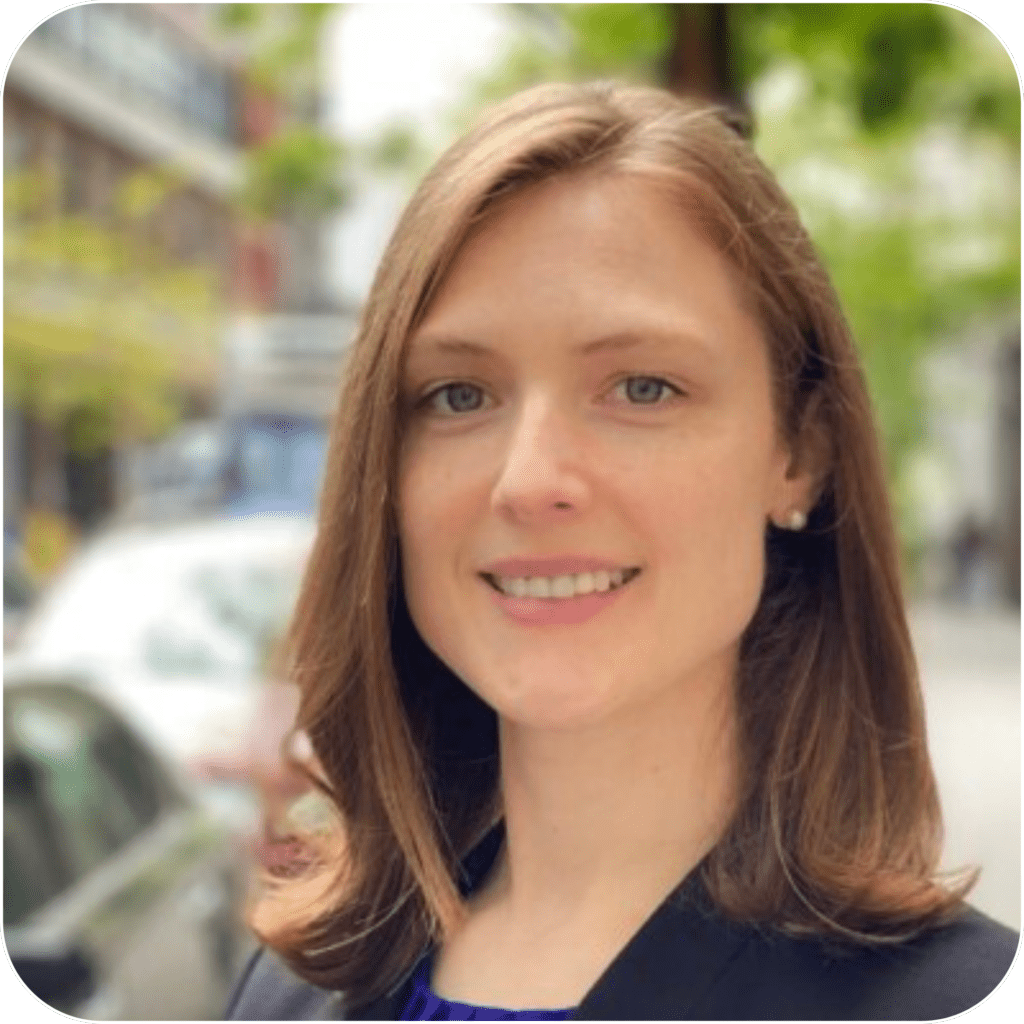
Robyn Marquis is the Director of Innovative Mobility at CALSTART. She oversees a portfolio of personal mobility, school mobility, and last-mile delivery. This includes the Clean Mobility Options program administrator team and CALSTART’s Innovative Mobility Working Group, a consortium of public agencies, solution providers, and other key stakeholders advancing more equitable mobility options to reduce climate impacts. Robyn previously served as the Program Lead for the New York Clean Transportation Prizes, an $85 million initiative to improve mobility and accelerate electrification in underserved communities. Robyn earned her doctorate in Transportation Engineering from Rensselaer Polytechnic Institute (RPI) in Troy, NY.

Lauren is the Director and Strategic Lead of California and Western States Programs at Shared-Use Mobility Center (SUMC). Her work includes managing and contributing to various dimensions of the Clean Mobility Options Program and supporting multiple SUMC research initiatives. Lauren is also a Ph.D. Candidate at the Schar School for Policy and Government. Her dissertation work investigates the applicability of established policy process models in the introduction of novel technologies, with a focus on micromobility.

Josh Meyer is Director of Community Design Programs at CivicWell. Over the last decade he has directed numerous transportation corridor, downtown and rural community public design charrettes in California that included mobility assessments, focus meetings and collaborative workshops. He has presented at national and state conferences, workshops and public hearings, taught at the UC Davis Extension program, and developed educational materials on form-based codes, pedestrian-friendly street design, compact development, green streets and infrastructure, and energy-efficient neighborhood design. Josh has a B.A. in Political Science and Sociology from California State University, Long Beach. He received his Masters degree in American History from the University of California, Irvine, with a focus on politics and the history of urban development in California.
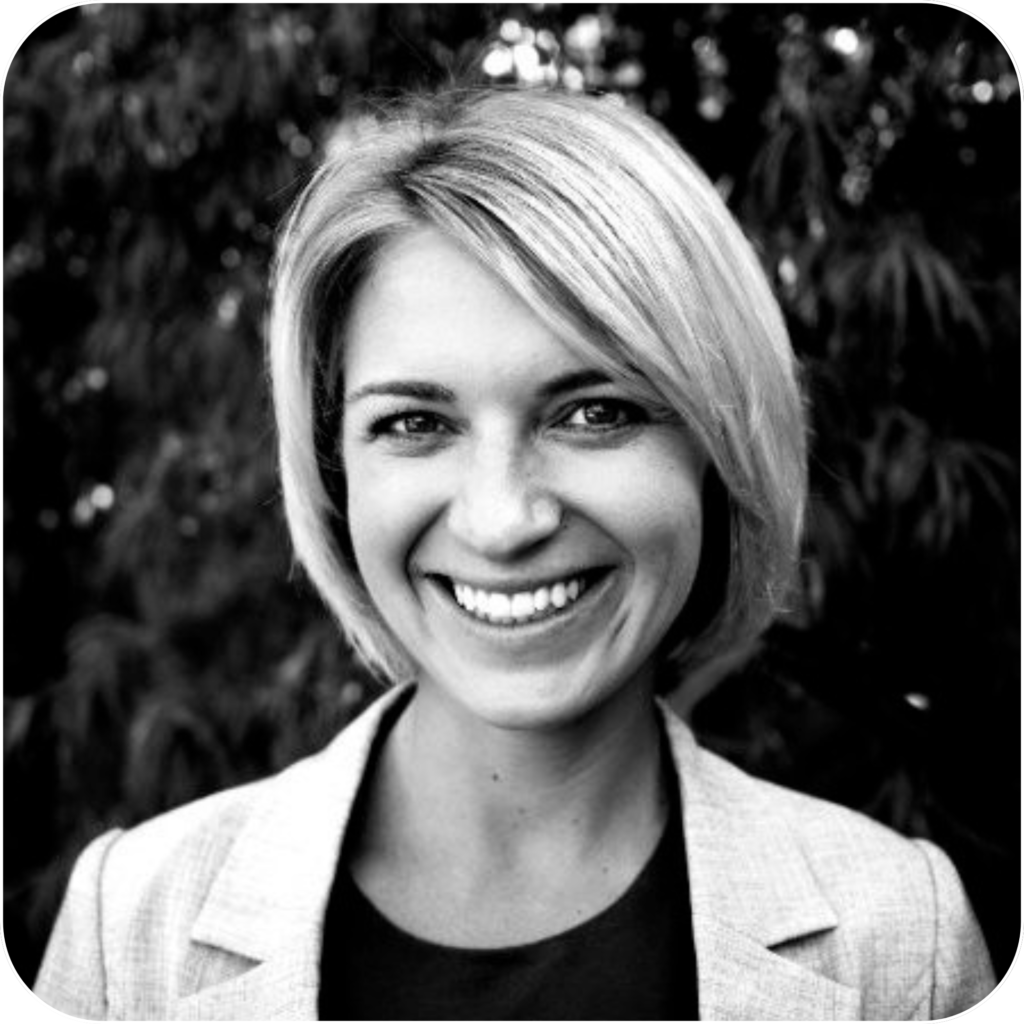
Bryn Moncelsi’s experience in forging and facilitating cross-sector collaborations for greater climate resilience serves her well in this strategic leadership position. Before moving to Los Angeles, Bryn worked as a policy analyst and consultant in Copenhagen, Denmark, where her primary focuses were on life cycle-oriented governance mechanisms and integrated natural resource management. While there, she also served as the first sustainability officer of a major Danish institute, where she successfully implemented numerous high-impact, cross-departmental initiatives. She also served on the steering board of Impact HUB Copenhagen, a co-working community centered around collaborations for social good, and was a founder and board director of a local, organic vegetable cooperative. Bryn has a Master’s in Technological and Socio-Economic Planning from Roskilde University (Denmark) and a BA in Political Science, Public Policy, and Environmental Studies from Swarthmore College.

Natalia is an Urban Studies professional specializing in Communications and Urban narratives. Natalia Joined the Shared-Use Mobility Center as Research Communications Coordinator in March 2023 where she uses storytelling to engage communities, evaluate projects, and communicate lessons learned. With a B.A. in Communication Sciences and Journalism from the National Autonomous University of Mexico, she was granted an Erasmus Mundus Partner country scholarship to study for a Master’s degree in Urban Studies in the four European cities of Brussels, Vienna, Copenhagen and Madrid. She interned at the Mexico City Lab and worked in Berlin for an urban planning firm for three years, where she worked on projects for relevant institutions like GIZ, and the BBSR, UNDP and Cities Alliance.

Grace is a Senior Project Manager at CivicWell, she provides technical assistance to communities to pursue funding opportunities, conduct community planning, and coordinates engagement and collaboration on community infrastructure projects. For the past nine years, her work has included public engagement process design, small and large group facilitation, and public outreach on a range of public policy issues. Prior to joining CivicWell, Grace worked with federal, state, and local government agencies and nonprofit clients to engage a range of stakeholders. Grace has a Master’s in Environmental Law and Policy from Vermont Law School in Vermont and a Bachelor of Arts in Sociology from Colorado College in Colorado.

Miriam comes to Shared-Use Mobility Center with a background in equitable transportation research. Her scholarship focuses broadly on travel and the built environment (including parking), transportation economics and finance, and travel among demographic groups that face barriers to mobility, including women, older adults, and people with low incomes.
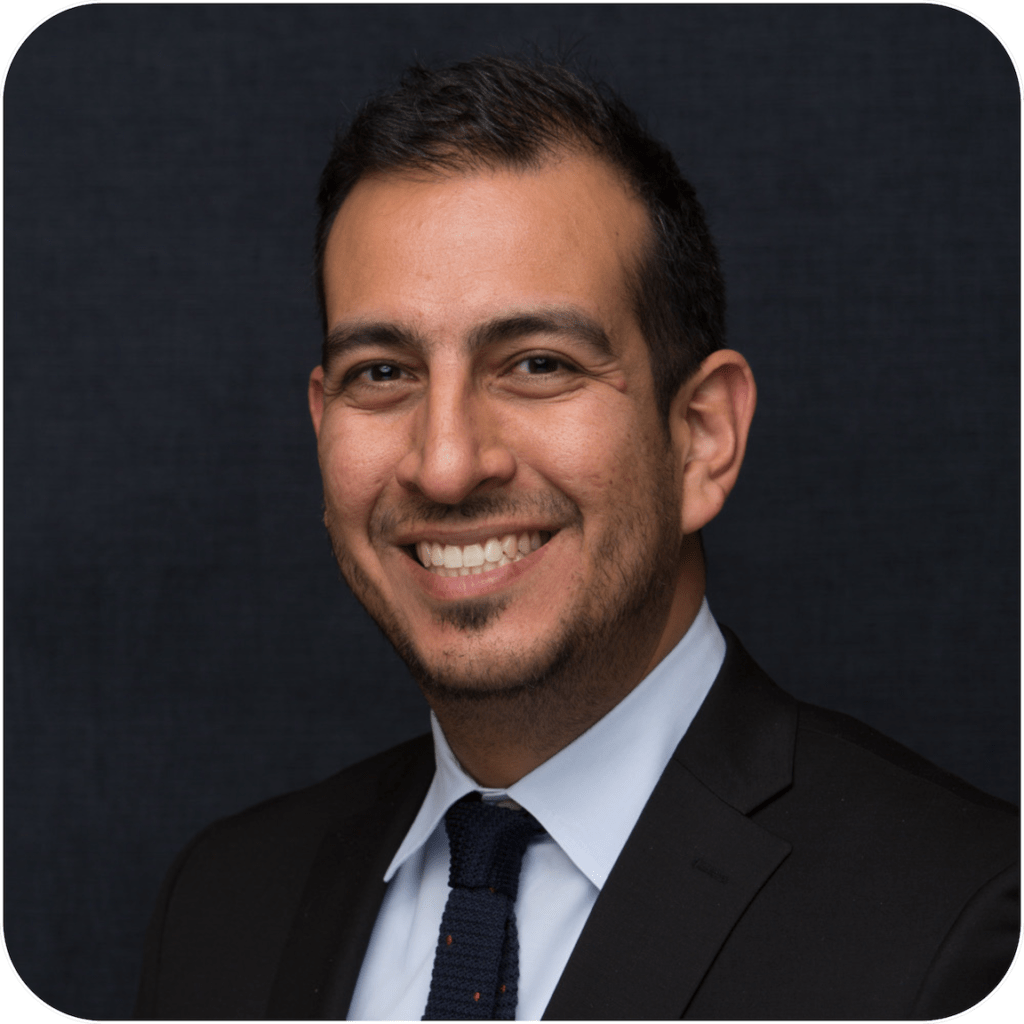
Marcel Porras is the Deputy Chief Innovation Officer at LA Metro working on the Olympics, Universal Basic Mobility, and transportation technology. Prior to joining Metro, Marcel worked for the City of Los Angeles in a variety of leadership roles including Chief Sustainability Officer at Los Angeles Department of Transportation where he led the Bureau of Transportation Technology and as Associate Director of Transportation for Mayor Eric Garcetti. Marcel has a Master’s Degree in Urban Planning from UCLA and has over fifteen years of experience in transportation, planning, and economic development.

Angelina Rahimi is the Founder and President of Aura Planning Inc. She has practiced transportation planning, urban design, project management, and community engagement for over 20 years. Aura Planning’s mission is to create a transformative impact by providing sustainable mobility solutions to underserved communities while actively involving them in the clean economy.

Creighton launched Mobility Development Group in 2018 and leads work to develop pilot programs and funding for shared mobility so that these systems can work for everyone. The organization is evolving to provide both initial development of community-controlled shared mobility networks and back-office support for these programs, which focus on providing service to marginalized communities.
Creighton’s team supports the BlueLA and STEP programs in Los Angeles, and has incubated the Miocar program and provided early support to Green Raiteros – two San Joaquin Valley-based non-profit programs. Creighton’s career in shared mobility began with Buffalo Carshare, a non-profit operation launched in 2009 that served 1,000 members, half of whom represented households earning less than $25,000. Thereafter, Creighton joined the Shared Use Mobility Center, serving as Program and Development Director from the non-profit’s inception in 2014 to 2018, when he formed Mobility Development.

Shirin Sadrpour is an Environmental Affairs Officer with LADOT’s Bureau of Transportation Technology who has more than 15 years of experience in the environmental industry, providing both technical and managerial support for a variety of environmental projects. Shirin supports LADOT’s Chief Sustainability Officer with the city’s newly established Shared Mobility Group. Shirin also supports and coordinates sustainability related initiatives from the Mayor’s Green New Deal, and manages the CARB Sustainable Transportation Equity Project grant, a multi-agency and inter-departmental LADOT team that will develop and manage mobility wallet, community micro-mobility, on-demand micro-transit, an electric vehicle charging network, active transportation infrastructure and community outreach.
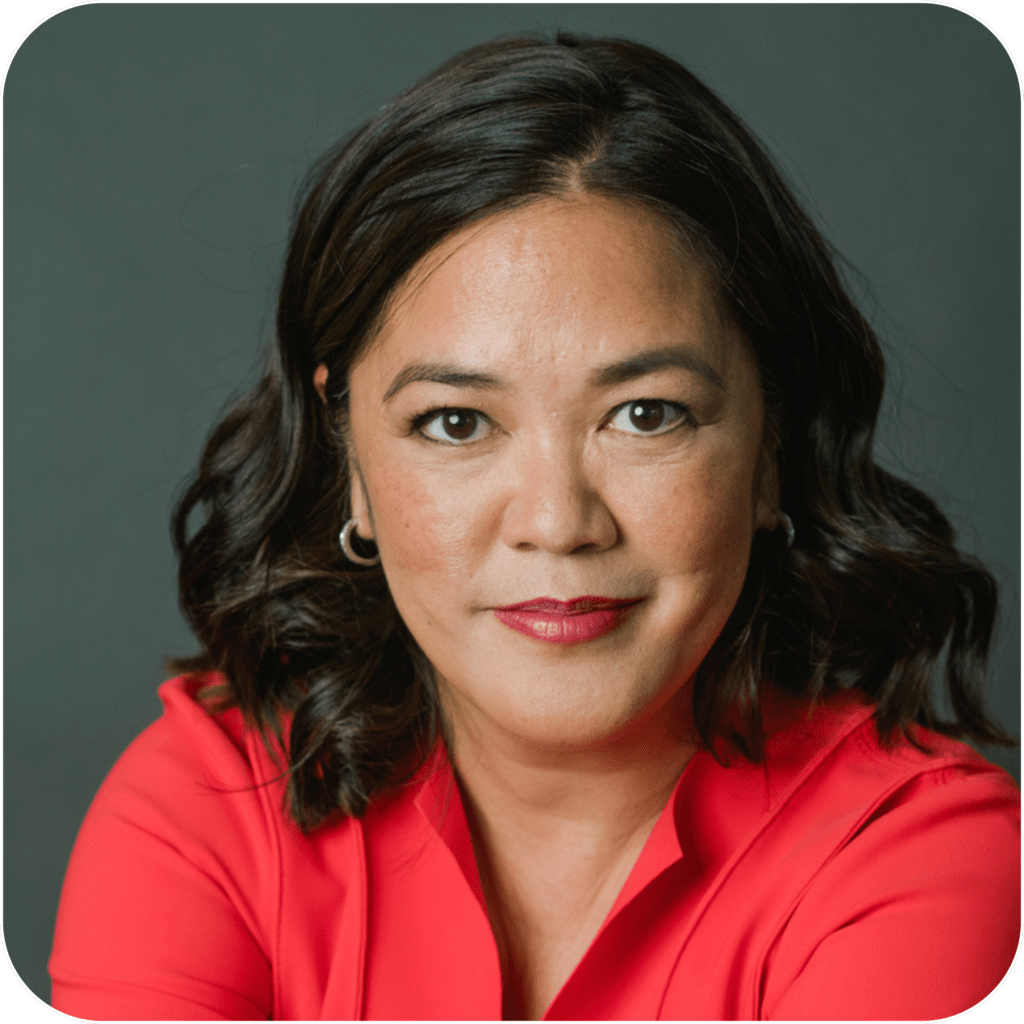


Will Sowers serves as the Senior Manager, Public Partnerships and Policy at Zipcar. Since joining Zipcar in 2022, he has led efforts to partner with municipalities, housing authorities and transit agencies and develop collaborative solutions to enable simple, responsible urban living. Will has built new partnerships in the electric vehicle ecosystem, educating stakeholders on the importance of improving access to electric vehicles through carsharing. Prior to joining Zipcar, he led public affairs and regional operations for micromobility company Wheels Labs, and he managed the DC-Baltimore markets for General Motors’ carsharing subsidiary Maven.
Before entering the shared mobility sector full-time, Will served in law enforcement for nearly 15 years. He was a police officer, crime scene investigator and detective at the University of Virginia Police Department. Following his position at UVA, Will served as a captain and assistant director at the American University Police Department. While at American University, he managed their parking and transportation demand management programs, including the development of the award-winning WMATA U-Pass transit pass and deployment of over 20 electric vehicle charging ports. Will holds a Bachelor of Arts in Government from the University of Virginia and a Master in Public Administration from American University. He lives in Arlington, Virginia, with his husband Ryan and boxer-lab mix Tycho.

Raúl Ureña was born in Salinas, California to a father who migrated between the Imperial Valley to Salinas following the lettuce fields. Mayor Ureña is currently the youngest and first transgender, nonbinary person to serve in this position. Raúl graduated UC Santa Cruz with a BA in Economics. They are a relentless activist for social justice in the Imperial Valley.
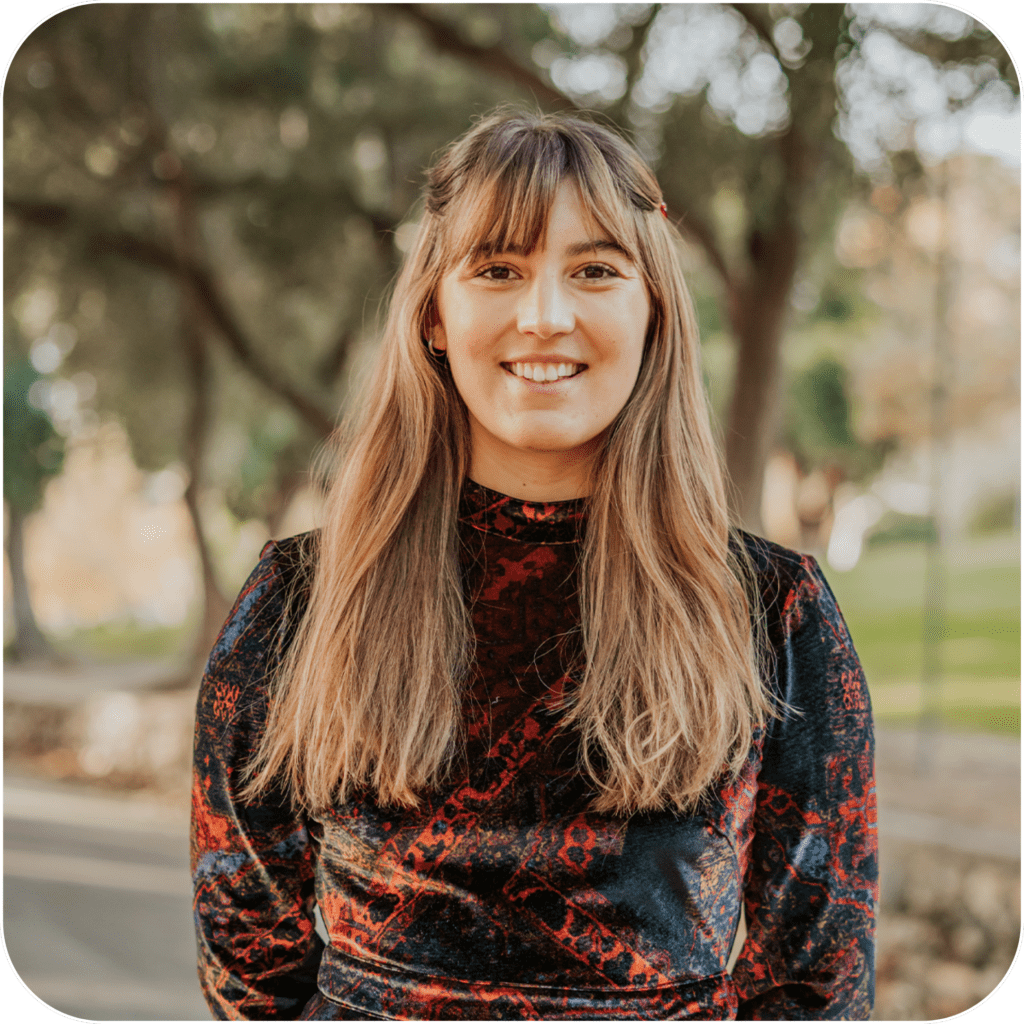
Melisa graduated from the University of California, Berkeley with majors in Environmental Economics and Policy and Environmental Studies with an emphasis in environmental justice. Her goal is to increase access to green spaces, clean water, air, economic opportunities and clean energy. Melisa works as the Policy Associate at Pacoima Beautiful. Her role is to position frontline communities at the forefront of policy decisions at the state and local levels.
There are multiple ways to contact us!
Copyright – 2022 | CALSTART | All Rights Reserved